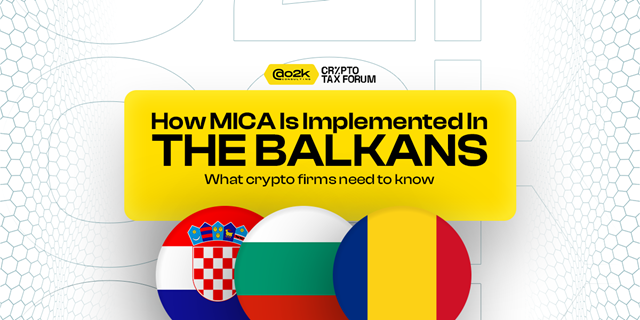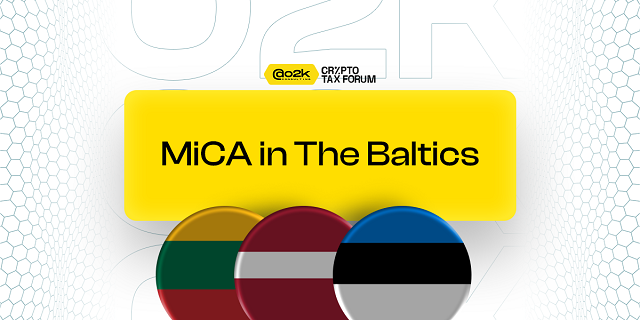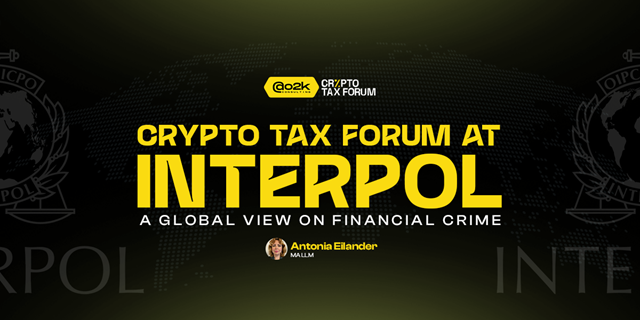Metaverse and Cryptographic games based on Web 3.0 and blockchain technology attract a diverse and increasingly large audience. As we will discuss in this blog there are still many gray areas around the taxation of Metaverse and Cryptographic games
1. Metaverse Taxation Challenges
Within the complex and changing that is the Metaverse, each country with its current legislation must determine whether taxable events are occurring (whether in income taxes, property or consumption). The Metaverse can be seen as an imaginary world that has many bridges with the real world and which requires the recognition of taxable events.
Obviously, taxation is linked to the legal qualification of the contracts and activities that are conducted within this ecosystem, but it also serves to unravel the economic reality of the businesses and activities that are developed in the metaverse.
It is essential to have a deep knowledge of the metaverse working jointly with the public and private sectors, analyzing the tax issue as one more aspect within all the regulations to be developed.
It is especially important, for example, to find a common definition of NFT taxation which will require in-depth knowledge on many issues, beyond tax control aspects.
In centralized and/or closed environments (such as Meta®, SecondLife®, Fornite® or Axie Infinity®), we interact in a delimited and controlled framework where the basic relationship is between the user and the creator/owner of the virtual world. On the other hand, in decentralized and open environments (such as The Sandbox® or Decentraland®), individual exchange and unique experiences take on a transcendental importance, without prejudice to the fact that there is an initial moment (the registration of access) that marks the link between the real-life individual or legal entity and his avatar (digital identity).
To cite just a few of the questions, it will be necessary to define how the income or sale of virtual real estate will be taxed, or the creation of digital content, as will be the treatment in the VAT and what will be the place of provision of the services, and what the jurisdictional nexus for example to define residence, source, application of international treaties, etc.
In addition to reforms in the tax systems to contemplate the new business models that the metaverse brings, I am convinced that sooner rather than later changes will occur in the way taxes are managed by TAs.
2. CRYPTOGRAPHIC GAMES CHALLENGES AROUND THEIR TAXATION
There are still many gray areas around the taxation of crypto virtual games.
However, there is no doubt that rewards from Play-to-earn (P2E) or Move-to-earn (M2E) games, such as earning tokens by playing games, airdrop from a gaming company and betting assets on the game to earn passive income, could be considered as taxable for the income tax, or transactions subject to VAT, according to the legislation of each country.
Similarly, the purchase of a gaming asset with cryptocurrencies, the sale of gaming assets and the exchange of one gaming asset for another could be considered as earnings for tax purposes according to the current legislation in each country.
It should be noted that these exchanges can be made inside or outside the games, which increases the complexity.
Likewise, the holdings of crypto-assets obtained in the games should be included for the purposes of determining the current taxable assets.
In many countries there are taxes on games of chance (prizes, sweepstakes, lotteries, etc.), so it will be necessary to determine, depending on the legislation in force, whether the winnings obtained from virtual games would be included in such taxes or in the income tax.
Another difficulty arises because many crypto games currently do not send users a record of their transaction history.
That means that the burden falls on taxpayers to keep an accurate record of their transactions so that they can then be correctly valued for tax purposes.
One of the challenges of crypto gaming taxation is to determine which jurisdictions have the right to tax digital transactions, in this sense it is likely that the complexity and speed of adoption of these types of games exacerbate the existing problems related to the digital economy.
A not minor issue is that many of these games involve minors. Therefore, in each country it should be defined who will declare this income, if for example it will be the parents of the minor.
Undoubtedly, one of the greatest challenges for the States and their tax administrations is to identify this type of operations, the different parties involved, as well as the different operations carried out.
There are currently information regimes in force in some countries where virtual service providers must report operations.
However, today the big limitation for states is that they only have the power to require subjects residing in their jurisdictions to report their operations, including those using crypto-assets.
They do not have the power to regulate the information regimes that would oblige non-resident virtual service providers to report such operations.
The OECD has proposed a crypto asset transaction information reporting framework (Crypto Asset Reporting Framework, CARF), which will operate in a scheme similar to the Common Reporting Standard (CRS).
It is clear that in addition to these challenges, many others will arise with its development, including in other areas such as money laundering and cybercrime.
3. FINAL THOUGHTS
We are witnessing a historical period in terms of tokenization of the economy, also called Web3, as an evolutionary stage of the Internet; this will continue with the metaverse, which promises a constant expansion with new business models and forms of value creation.
The problems and unknowns of the metaverse are many but what is clear is that it is already a reality and I understand it will continue in permanent evolution.
Crypto games are already producing income in the form of crypto assets so today each country must determine with its current legislation if taxable events are occurring that are subject to taxation, either in income, property or consumption taxes.
In order to determine its correct taxation, it is necessary to have a deep understanding of the “economic reality” of businesses and activities, for which the States and tax administrations must work together with the private sector, analyzing the tax issue as one more aspect within all the regulations to be developed.
Several jurisdictions are working to define the taxation of the different cryptographic tokens, where there are tax guides or guidelines for each of the different types of tokens and the most frequent operations, also supporting a consultation service and publishing the answers to provide legal certainty and security to the taxation.
I believe that in the face of global and disruptive developments such as those we are experiencing, the path of cooperation, collaboration and multilateralism among states is more appropriate than unilateral measures.
I say this both from the perspective of legislating to regulate and promote the development and digital transformation of countries, and with regard to the fight against tax fraud, money laundering, terrorism and other crimes.
I am convinced that today, more than ever, we must continue to make progress in international cooperation and multilateralism and in public-private partnerships involving academic and expert centers.
In short, given a global phenomenon such as the new Web 3.0 business models with cryptographic tokens, it would be convenient for the states to agree on uniform tax treatments for operations with cryptocurrencies and other cryptographic tokens such as NFTs and other virtual game activities or those that take place in the metaverse, including a common information reporting framework such as the aforementioned CARF.

.jpg)


.png)
























.jpeg)































































